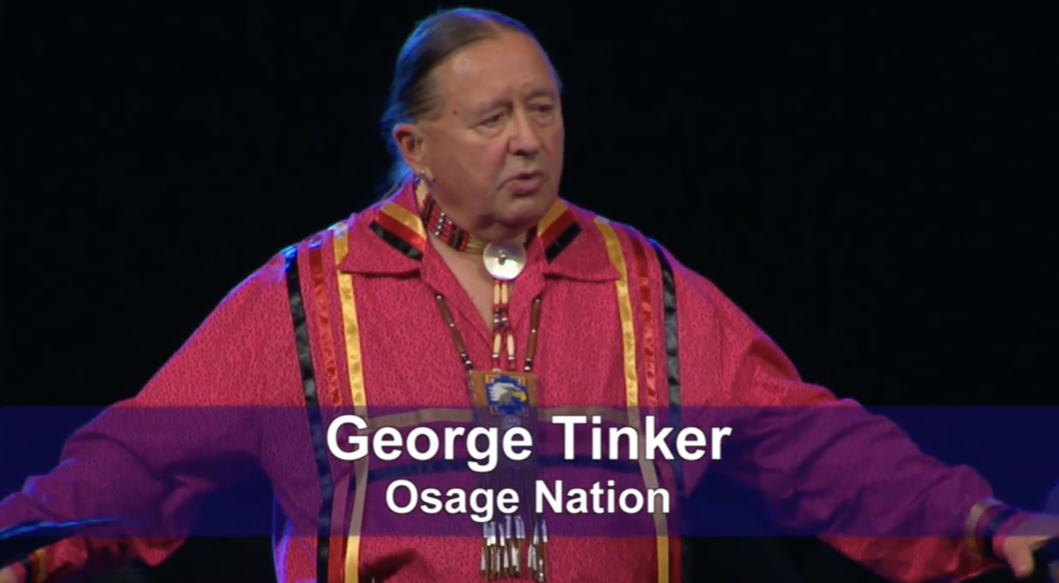Amy Courts
Written Things:
sermons, songs, etceteras
JUDAS (New Version)3/29/2024 As I contemplate again Maundy Thursday, and Jesus's giving of his whole self to betrayers and deniers, I am reminded by his command to love as he loves just how impossible that is to do in everyday life. Maybe one day. "JUDAS" (c) 2022 Amy Courts Music
0 Comments
Good morning, beloved of God. Today we enter into Holy Week, into the final few days of Jesus’s life. As I read this familiar story again this year, I was drawn to the ways in which it begins and ends with the presence of Christ’s closest friends. Throughout this recounting of Jesus’s last days, hours, meals, and moments, I can't help but notice the real people who showed up in fearful and risky, costly, and cowardly ways.
And so As I think about this story and all the ways it invites us to witness grief, the first thing I am conscious of is our culture’s general aversion to the process of grieving, mourning, wailing, and witnessing -- especially publicly. We tend to be stoic people, uncomfortable with grief and intolerable of the quiet, steadfast presence mourning requires. So when we are grieving, we offer apologies for feeling like a burden, and when our friends grieve, we offer platitudes, like “everything happens for a reason,” and “God never gives us more than we can handle” (which are both garbage by the way). We do not like, nor do we understand the purpose and power of grief, so we often interrupt it and speed it along. We rush through the passion to the Resurrection, skipping some of the most important and transfigurative moments along the way. And so today, I am inviting us to do the opposite, and to do it together. This message was originally given on the fifth Wednesday of Lent, March 13, 2024, at Gethsemane Lutheran Church in Hopkins, MN. The livestream of Holden Evening Prayer lenten worship may be viewed here. This evening's scripture text is Colossians 1:17-23a (below) “HE GIVES ALL THINGS THEIR FULL MEANING 17He is the one who is in first place and the head of all things. It is in him that all things come together and find their full meaning and purpose. 18He is also the head of his body on earth, the sacred family. He is in first place before all other things, the first2 to rise to life from among those who have died. In this way, he remains chief in all things. 19It made our Great Father’s heart glad to have all that he is living in his Son. 20Through his Son he brought together everything in the spirit-world above and on the earth below into harmony with himself, making peace through his lifeblood poured out on the cross. OUTSIDERS BECOME INSIDERS 21At one time you were outsiders, separated from Creator by your hostile thoughts that led to evil ways. 22But now in the physical body of the Chosen One, through his death, he has turned you from an enemy into a friend. He did this so that you can stand without shame before the Great Spirit as a people who have been made holy, washed clean from guilt and free from all accusation. 23Yes, all this is yours as you make your path straight on the road that leads to this hope, trusting in the good story that you have heard.” — First Nations Version: An Indigenous Translation of the New Testament by Terry M. Wildman In the fall of 2017 when autumn trees were bursting with color, Osage Theologian George E Tinker stood before a Lutheran audience in St Paul and said, “Beautiful place y’all have here. So how’d you get it?” He recalls it landing as intended -- awkwardly and uncomfortably -- but his query was and remains important: “How did Lutheran folk end up with so much Indian land across the northern tier of the U.S., including in Minnesota? [It] is,” he writes, “a theological and ethical question that most American folk (not just lutheran folk) never get around to asking themselves.” I want us to meet George Tinker precisely because he’s an American Indian who asks the uncomfortable questions about the history of this Place and its people, from the particular “perspective of Native Peoples who were displaced under the Doctrine of Discovery and all the anti-Indigenous laws it birthed” for the benefit of euro-christian settlers, including us.
But first I want to root us in why exploration of Indigenous Christian Wisdom is so important in this Place: We are a predominantly white-bodied Lutheran congregation in a state that was settled by a largely Scandinavian lutheran population. We live in that historical context, in community with the displaced, in this Place with a capital P. So it is crucial for those of us who benefit from European expansion to examine how our culture has interacted and at times clashed with others, across generations. And to get there, we have to understand the “Doctrine of Discovery” and its impact on Tinker’s Native ancestors and living relatives. AMY COURTSSermons + Songs + Poems Archives
June 2024
Categories |
Proudly powered by Weebly


 RSS Feed
RSS Feed